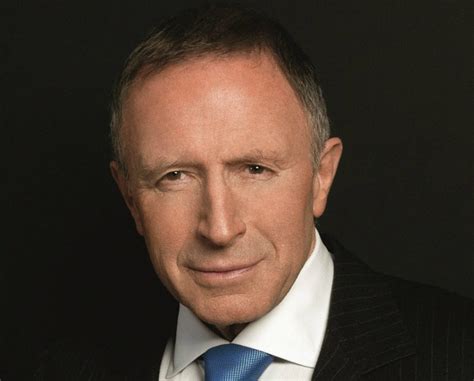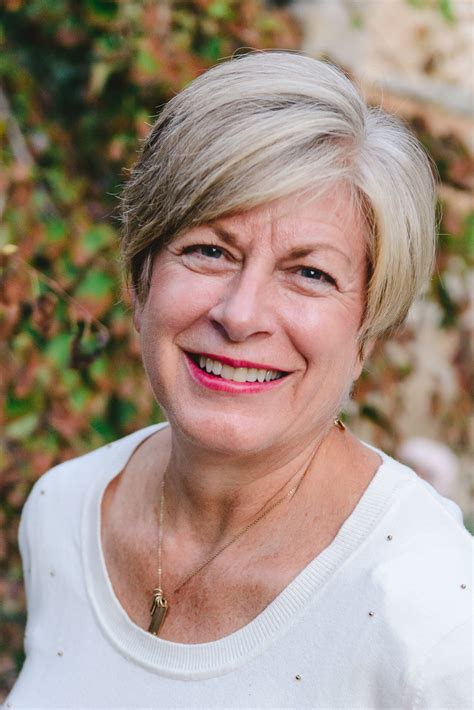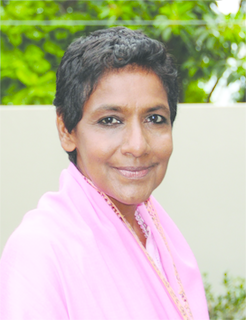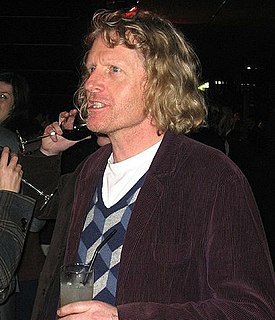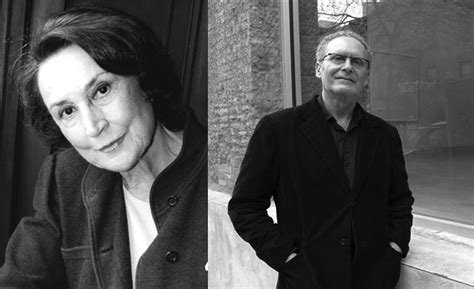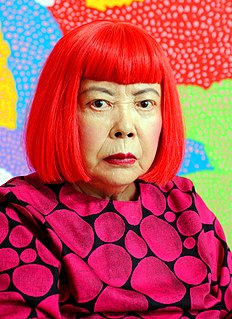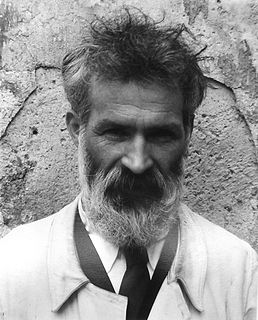A Quote by Claes Oldenburg
The art world was very small and the people got together at parties. There was less commercialism.
Related Quotes
Many European parties, including the conventional parties in France, no longer have the ability to keep people together. And in terms of the coalition government, I am convinced that Angela Merkel has the necessary will and ambition. I want to be very cautious with my statements about her coalition negotiations, but support for Europe is part of the DNA of both the Greens and the Free Democratic Party. I was very pleased that the heads of both parties spoke out positively about the European project.
I think a lot of people are involved in art because of the fashion of art and the conversation. It gives them a certain sophistication, something to speak about. But art is, if it's conceptual, really about understanding the concept. And if it's beautiful, it's about seeing the beauty. It's gone much further than that now. There's too much commercialism attached to art. If the market cracks one day big-time, you'll frighten so many people away who will never come back. Because they don't really feel for art. People who buy art should want it because they love it, they want to enjoy it.
Well, Daddy, I used to believe that artists went crazy in the process of creating the beautiful works of art that kept society sane. Nowadays, though, artists make intentionally ugly art that’s only supposed to reflect society rather than inspire it. So I guess we’re all loony together now, loony rats in the shithouse of commercialism.
Mothers who know do less. They permit less of what will not bear good fruit eternally. They allow less media in their homes, less distraction, less activity that draws their children away from their home. Mothers who know are willing to live on less and consume less of the world’s goods in order to spend more time with their children—more time eating together, more time working together, more time reading together, more time talking, laughing, singing, and exemplifying. These mothers choose carefully and do not try to choose it all.
The commercialism of yoga, the commercialism of Ayurveda, the commercialism of guru-ism, is difficult. It's difficult because it confuses, it confuses the general populations as to what this is all about, but yet those of us who are trained within a certain tradition, who trained from the ancestral gene bank, so to speak, it is fine, it's not bothersome at all because we must live.
Fine-art photography is a very small world associated with galleries, museums, and university art programs. It's not like rock music; the products of this world have never been widely seen because the artists are often exploring things that are not already coded in general consciousness. It's not that photographers don't want to be famous, it's just that very few of the views from the edges of culture make the mainstream. Ansel Adams was an exception.
What's happening in the larger world always influences art. When I first started the gallery in 1959, one of the first things I learned was that most people assume artists know one thing and one thing only - that they were idiot savants. I found very quickly that most artists were very informed and very aware of what was happening in the world around them. So all of those things go together, especially for earthworks. And at that time there was such an intense interest in American art. So there was a great deal of attention paid to where it was going.
Our world, so we see and hear on all sides, is drowning in materialism, commercialism, consumerism. But the problem is not really there. What we ordinarily speak of as materialism is a result, not a cause. The root of materialism is a poverty of ideas about the inner and the outer world. Less and less does our contemporary culture have, or even seek, commerce with great ideas, and it is that lack that is weakening the human spirit. This is the essence of materialism. Materialism is a disease of the mind starved for ideas.





